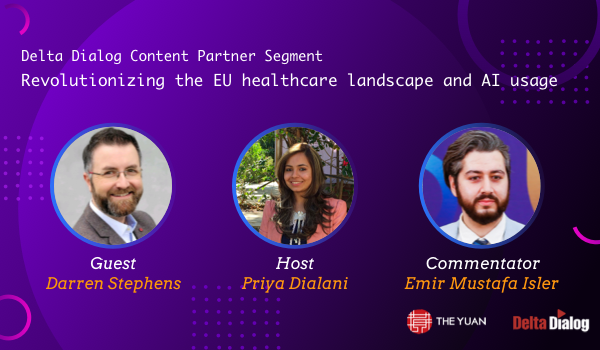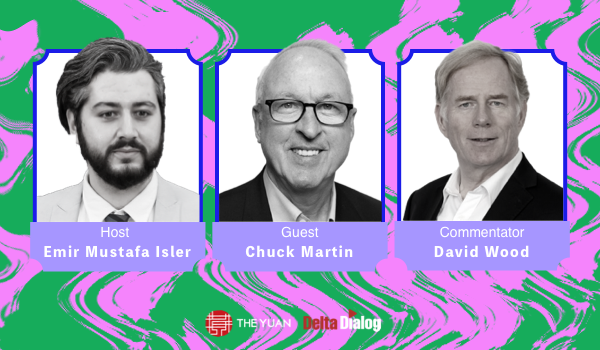
ISTANBUL -
Revolutionizing the EU healthcare landscape and AI usage
By increasing diagnostic efficiency and accuracy, Qure.ai's work has the potential to transform the healthcare sector. Products of companies like Qure.ai can help healthcare practitioners make quicker and more accurate diagnoses, which can improve patient outcomes, by utilizing AI algorithms to examine medical pictures.
The use of AI in healthcare has generated attention and controversy within the European Union (EU). Technologies based on artificial intelligence (AI) offer the ability to address issues including rising healthcare demand, enhancing patient access to care, and optimizing resource allocation. The private sector can help the development of AI-driven healthcare solutions in the EU by working with healthcare organizations and providers there. In Europe's healthcare systems, the use of AI technologies is expanding. The incorporation of AI technology into current radiology departments is facilitated through partnerships between AI businesses and healthcare providers. Healthcare workers may now use AI algorithms in their everyday work, enhancing their knowledge and decision-making skills, thanks to this easy adoption procedure.
When it comes to the deployment of AI technology in EU healthcare, regulatory issues are crucial. Adherence to strict rules and regulations is necessary in order to strike the right balance between utilizing AI's promise and protecting patient safety and data privacy. To use AI technologies successfully and morally, EU healthcare businesses must traverse various regulatory environments. Despite the significant advantages of AI in healthcare, there are both openings and obstacles in the EU market. Widespread implementation is hampered by differences in healthcare infrastructure, resource accessibility, and AI acceptance between member states. However, these difficulties also offer chances for stakeholders to work together, innovate, and share expertise.
The EU's continued use of AI in healthcare presents tremendous opportunity for further development. AI-driven medical imaging is set to play a crucial role in everyday healthcare procedures by facilitating quicker and more accurate diagnosis, resource optimization, and better patient outcomes. The seamless integration of AI technology with medical knowledge is essential for the future of healthcare in the EU. The field can open up new avenues for patient care overall and for diagnosis and treatment by utilizing the capabilities of AI algorithms. As the revolution advances, the EU healthcare system is ready to fully utilize AI's capabilities in medical imaging, ultimately revolutionizing healthcare delivery and enhancing the lives of patients around the area.
What’s in it for me? / Why should I care?
The development of AI technology in healthcare, particularly in medical imaging, has the potential to improve the typical person's experience with healthcare. AI may improve health outcomes, cost-effective healthcare, and early illness identification through greater diagnostic accuracy, shorter wait times, improved treatment planning, and access to specialist knowledge. Keeping an eye on these breakthroughs makes sure that people may take advantage of the most recent innovations in medical imaging and have better healthcare experiences.
Further Reading:- Future import of Europe’s latest AI achievements
- Data ownership and open health: A revolution in healthcare?
- ThirdEye’s AR smart glasses revolutionize healthcare





 298 views
298 views







